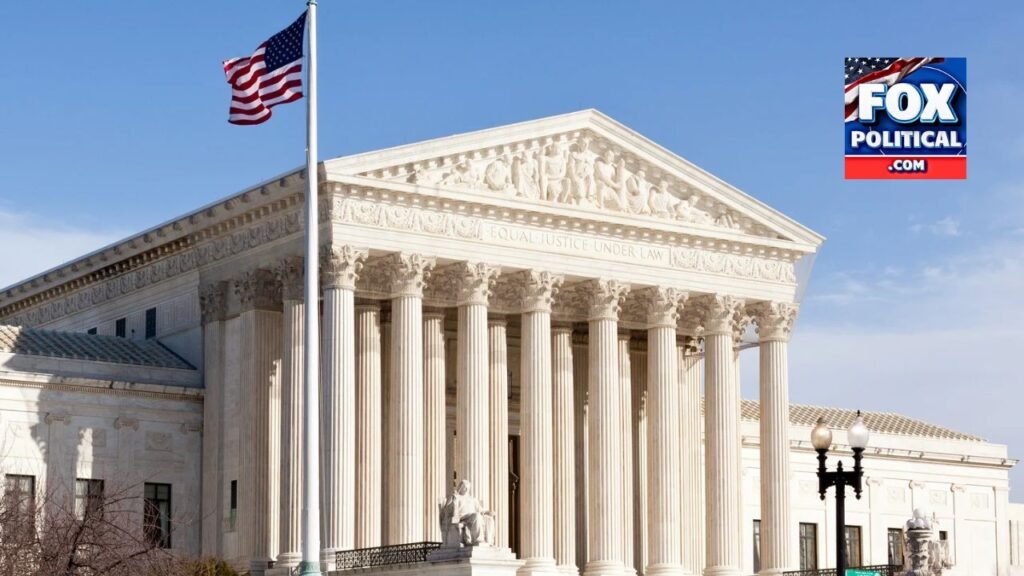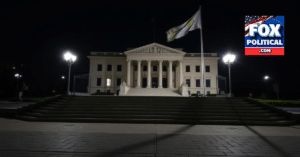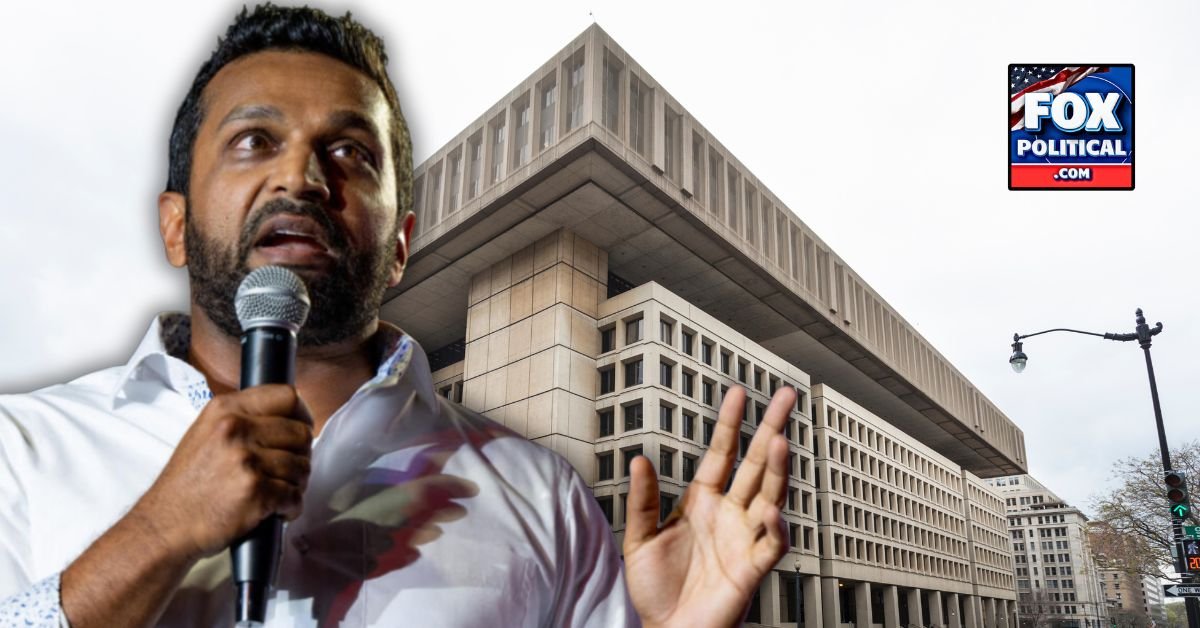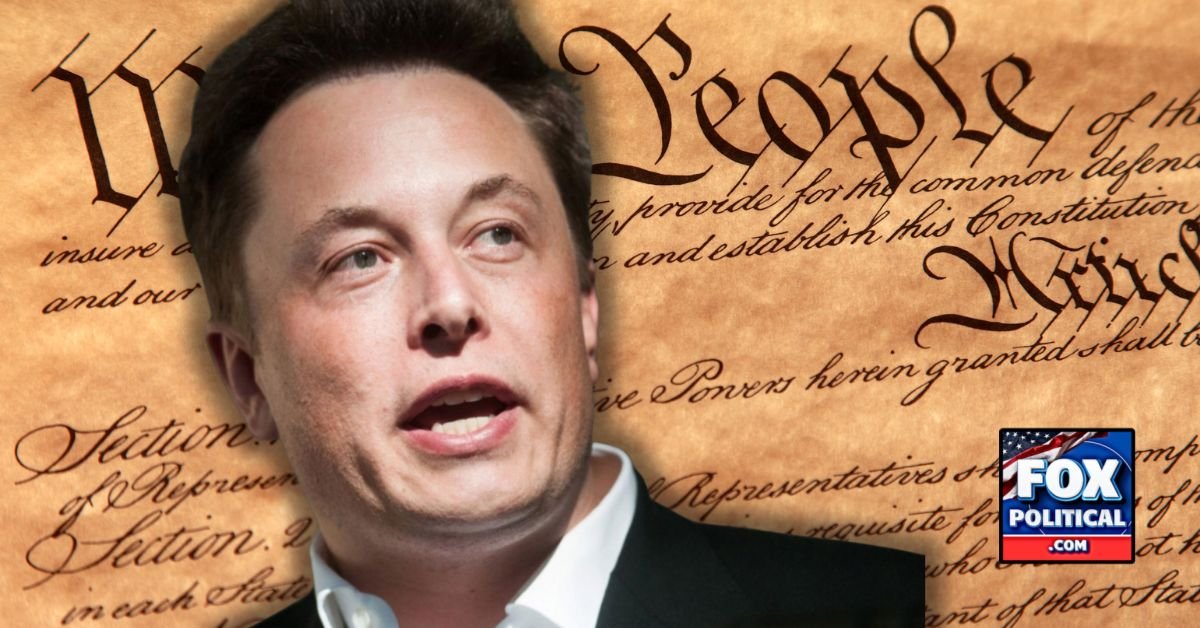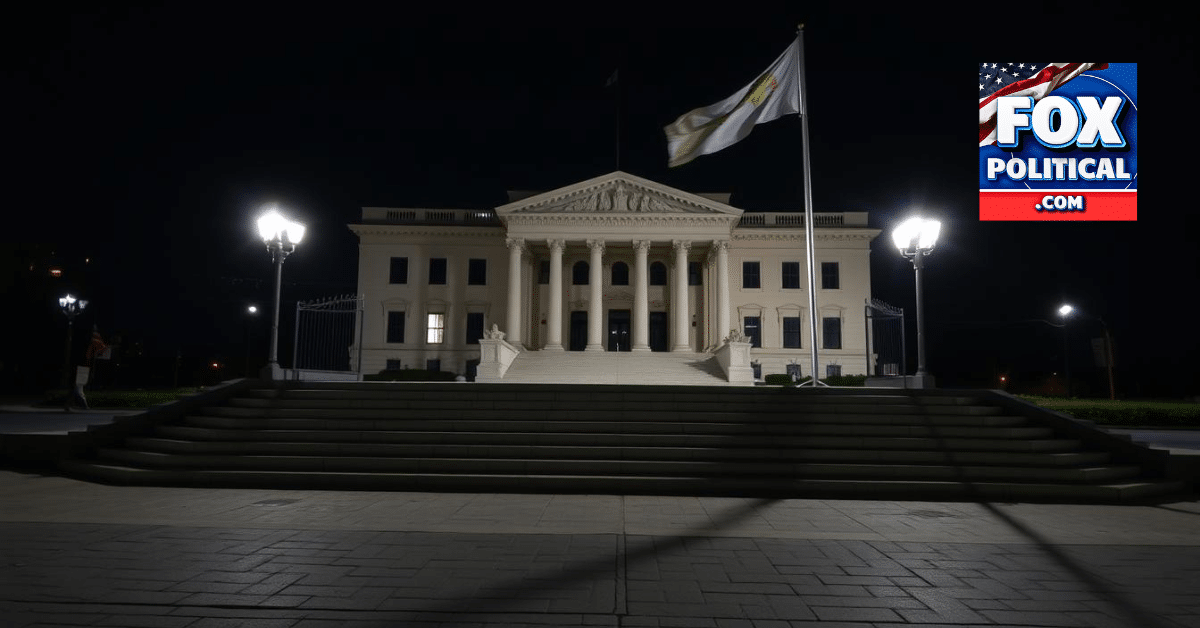Supreme Court Takes on Sex-Reassignment for Minors Case
The Supreme Court of the United States is about to make a big decision. They will look at a Tennessee law that stops gender-affirming care for transgender kids. This case, called United States v. Skrmetti, could change how the law treats transgender rights. Right now, over 20 states have laws like Tennessee’s.
The court will decide if states can stop puberty blockers and gender reassignment surgeries for young people. This choice will affect about 1.6 million transgender people in the U.S. Almost half of them are between 13 and 24 years old.
Key Takeaways
- The Supreme Court is hearing arguments on a Tennessee law that bans gender-affirming care for transgender minors.
- The case, United States v. Skrmetti, will decide if states can prohibit puberty blockers and gender reassignment surgeries for transgender youth.
- Over 20 states have laws similar to the one in Tennessee that is being challenged regarding transition care for transgender youth.
- The outcome of this case could set a precedent for broader challenges related to transgender rights in areas such as sports participation, bathroom use, and healthcare.
- The conservative-majority court’s decision will impact the lives of approximately 1.6 million people in the U.S. who identify as transgender, with nearly half of that population being between the ages of 13 and 24.
Understanding Tennessee’s Ban on Gender-Affirming Care
Tennessee’s Senate Bill 1, passed in March 2023, has sparked a big debate. It deals with gender-affirming healthcare for minors. The bill stops doctors from doing surgeries or giving puberty blockers to kids with gender dysphoria.
Key Provisions of Senate Bill 1
The law sets strict rules. It blocks treatment for kids wanting to change their gender. But, it lets the same meds be used for other health issues like endometriosis or early puberty.
State’s Arguments for the Ban
Tennessee says it’s protecting kids from harm. It also wants to keep the medical field honest. The state’s lawyer, J. Matthew Rice, says the law is for health reasons, not about gender.
Medical Procedures Affected
- Puberty blockers
- Hormone therapy
- Gender transition surgeries
More than two dozen states have banned gender-affirming care for minors. The Supreme Court’s decision on this case is important. It could change how parental rights, minor healthcare, hormone therapy, and puberty blockers are handled nationwide.
| Key Statistic | Data |
|---|---|
| States Banning Gender-Affirming Care | More than two dozen states, including Tennessee, have enacted laws banning puberty blockers, hormones, and other treatments for minors seeking gender-affirming care in the past three years. |
| Tennessee’s Ban Provisions | The law bars access to treatment for minors seeking to transition from their sex assigned at birth but allows the same medications to be used for treating conditions like endometriosis or early-onset puberty. |
| Supreme Court Case Timeline | Decision in the Supreme Court case challenging Tennessee’s ban on gender-affirming care for minors is expected by summer. |
Sex-Reassignment ForMinors Hits Supreme Court: The Core Legal Battle
The Supreme Court is looking at a law in Tennessee. This law stops gender-affirming care for transgender youth. The challengers say it’s unfair because non-transgender kids can get similar treatments.
The Biden administration thinks laws against transgender people need extra review. They say these laws might hurt constitutional rights. This is the court’s second big case on transgender rights, after a 2020 decision on workplace rules.
The main issue is if the Tennessee law is okay. The ACLU, representing the plaintiffs, says it’s not. They claim the law unfairly targets transgender youth and takes away their medical care.
Tennessee, however, believes the law is needed. They say it protects kids from harmful, permanent changes. The court will decide based on the 14th Amendment and how it applies to transgender individuals.
| Key Arguments | Challengers | Tennessee |
|---|---|---|
| Equal Protection Clause | Law discriminates against transgender patients | Law protects minors from harmful procedures |
| Judicial Review | Laws targeting transgender people should face heightened scrutiny | Law is necessary to protect minors |
| Constitutional Rights | Law violates transgender youth’s rights | State has authority to regulate healthcare |
Constitutional Questions and Equal Protection Arguments
The case against Tennessee’s ban on gender-affirming care for transgender minors is about discrimination. The Supreme Court is looking at if the law breaks the 14th Amendment’s Equal Protection Clause. Justice Ketanji Brown Jackson compared it to Loving v. Virginia, which banned laws against interracial marriage. She thinks the Tennessee law might be seen as discriminatory too.
The ACLU, representing the plaintiffs, says the law unfairly blocks transgender patients from treatments. Justices Sotomayor and Kagan worry it targets transgender youth unfairly. They think it might break their right to equal treatment under the law.
14th Amendment Considerations
The core of the legal fight is about the 14th Amendment’s equal protection guarantee. The plaintiffs say the law unfairly limits care for transgender minors. They claim it discriminates based on sex, unlike other medical treatments.
Discrimination Claims Analysis
The plaintiffs say the law unfairly blocks transgender individuals from needed treatments. They point out that cisgender people can get these treatments for other reasons. This, they say, breaks the Equal Protection Clause of the 14th Amendment.
Previous Supreme Court Precedents
The 2020 Supreme Court decision in Bostock v. Clayton County is important here. It protected LGBTQ+ people from workplace discrimination. This might mean the Court sees Tennessee’s ban as discriminatory against transgender youth.
| Key Statistic | Value |
|---|---|
| States with Similar Bans on Gender-Affirming Care for Minors | 25 |
| Major Medical Organizations Supporting Gender-Affirming Care for Youth | American Medical Association, American Academy of Pediatrics, American Psychiatric Association |
| European Countries with Restrictions on Transgender Surgeries for Minors | Sweden, Finland, Norway, United Kingdom |
Medical Expert Perspectives and International Context
The debate over gender-affirming care for transgender youth is intense. The Supreme Court is now tackling this complex issue. Major medical groups like the American Medical Association (AMA) and the American Academy of Pediatrics (AAP) support these treatments. They say they help with mental health and lower suicide risk.
However, some justices are questioning the policies in certain European countries. U.S. Solicitor General Elizabeth Prelogar says the situation is more complex than it seems. She points out that the UK and Sweden haven’t banned these treatments outright. Instead, they’ve put more limits on them.
Prelogar stresses that experts still see these treatments as necessary in certain cases. She highlights the need for personalized care. She also talks about the benefits of gender-affirming care against the possible long-term effects.
The medical community is united on the value of gender-affirming care for transgender youth. But the Supreme Court’s discussions on international policies will affect access to these treatments in the U.S.
| Country | Policy on Gender-Affirming Care for Minors |
|---|---|
| United States | Varied policies, with some states banning certain treatments and others ensuring access to gender-affirming care |
| United Kingdom | Increased restrictions on access to puberty blockers and hormone therapies for minors |
| Sweden | Stricter guidelines and higher thresholds for accessing gender-affirming care for minors |
| France | Maintains a medical consensus-based approach, with access to gender-affirming care for transgender youth |
Key Arguments from Both Sides During Oral Arguments
The Supreme Court heard a case about Tennessee’s ban on gender-affirming care for transgender minors. U.S. Solicitor General Elizabeth Prelogar said the law discriminates based on sex. Tennessee Solicitor General J. Matthew Rice argued it’s medically necessary, not about sex.
Government’s Position
Prelogar spoke for the Biden administration. She said the Tennessee law breaks the 14th Amendment’s promise of equal protection. She noted that states can set rules but this law is unfair and lacks scientific backing.
Tennessee’s Defense
Rice defended the law. He said it’s about protecting the medical ethics and health of minors, not their transgender rights or sex identification. He claimed the state can control medical procedures and the law isn’t targeting transgender individuals.
ACLU’s Representation
Chase Strangio, the first openly transgender lawyer before the Supreme Court, spoke for the ACLU. Strangio called the ban a “blunderbuss” that discriminates against transgender youth. He said it blocks them from getting vital medical care.
Conservative justices like Chief Justice John Roberts and Justices Samuel Alito and Brett Kavanaugh worried about courts making decisions on medical debates. But liberal justices like Elena Kagan and Ketanji Brown Jackson thought the ban might be unconstitutional discrimination against minors.
| Argument | Government’s Position | Tennessee’s Defense | ACLU’s Representation |
|---|---|---|---|
| Legal Basis | 14th Amendment’s equal protection clause | State’s authority to regulate medical procedures | Discrimination against transgender youth |
| Key Claim | Law discriminates based on sex | Law is based on medical ethics and health, not sex identification | Ban is a “blunderbuss” that denies essential medical care |
| Justices’ Reactions | Conservative justices expressed concerns about courts deciding on medical debates | Conservative justices seemed sympathetic to the state’s arguments | Liberal justices suggested the ban may amount to unconstitutional discrimination |
Potential Impact on Other States and Future Legislation
The Supreme Court’s decision on Tennessee’s ban on gender-affirming care for transgender minors could change the game nationwide. With 26 states having laws or considering restrictions on transgender healthcare policies, the ruling will guide legislative trends in this area.
During the oral arguments, some justices, like Brett Kavanaugh, asked about the impact on other transgender issues, like sports. This shows the court’s decision could affect how lower courts handle laws affecting transgender rights.
Tennessee Attorney General Jonathan Skrmetti said the ruling might let each state decide for itself. But the ACLU’s Chase Strangio, the first openly transgender attorney before the Supreme Court, warned of the wide impact on transgender youth everywhere.
“The impact of this decision will be felt by transgender young people across the country, not just in Tennessee,” Strangio warned, highlighting the complex balance between state autonomy and individual rights.
This case could lead to more legislation and policies on transgender rights and healthcare in the U.S. The court’s decision will likely influence the ongoing debate on these sensitive issues.
Conclusion
The Supreme Court is set to make a big decision in United States v. Skrmetti. This ruling will change how we see transgender rights and healthcare in America. The case has shown how medical ethics, parental rights, and constitutional protections all mix together.
Both sides, like ACLU attorney Chase Strangio, are ready to keep fighting. They show that the debate over transgender healthcare and rights is far from over.
The Supreme Court’s view on Tennessee’s ban could affect laws in other states. They’re also looking at European rules on transgender surgeries for kids. This adds a global twist to the case.
Everyone is waiting for the Supreme Court’s decision, expected by June’s end. This case shows how transgender rights are evolving. It also highlights the challenges the LGBTQ+ community faces in getting the healthcare they need.
The decision will have big effects on our laws and society for a long time.
FAQ
What is the Supreme Court case about?
The Supreme Court is looking at a Tennessee law that stops gender-affirming care for transgender kids. The case, United States v. Skrmetti, is about if states can ban puberty blockers and surgeries for young transgender people.
What are the key provisions of Tennessee’s Senate Bill 1?
Senate Bill 1 makes it illegal for doctors to do genital surgeries or give puberty blockers to kids who feel they are the wrong gender. The state says it’s protecting kids from harm and keeping the medical field honest.
What are the main arguments from both sides?
The ones challenging the law say it breaks the 14th Amendment’s Equal Protection Clause by picking on transgender patients. The Biden administration thinks laws against transgender people need extra scrutiny. Tennessee says its law is about medical reasons, not gender.
How does the case relate to the 14th Amendment and sex discrimination?
The case is about if the Tennessee law is sex discrimination under the 14th Amendment. The people suing say it unfairly denies treatments to transgender patients. The liberal justices seem to think the law does classify people by sex.
What is the medical community’s stance on gender-affirming care for transgender youth?
Doctors like those from the American Medical Association and American Academy of Pediatrics support care for transgender youth. But, some justices wondered about changing views in Europe, where such treatments are being restricted more.
How might the Supreme Court’s decision impact other states and future legislation?
The Supreme Court’s decision will affect laws in at least 26 states. It could change how courts look at laws affecting transgender people. This could shape the future of gender-affirming care and LGBTQ+ rights.
Source Links
- Supreme Court hears challenge to Tennessee’s gender transition ban for minors – OSV News
- Supreme Court Hears Arguments in Transgender Care Case: Live Updates
- Supreme Court appears skeptical of challenge to ban on gender-affirming care for minors
- Majority of Supreme Court seems reluctant to block state bans on medical care for minors
- Supreme Court signals intent to uphold Tennessee ban on trans surgeries for minors, defer to states
- Civil Service Today: Portraits of Profession
- US senators grill officials from 5 airlines over fees for seats and checked bags
- Distorted Guilt and Shame
- Supreme Court appears skeptical of challenge to ban on gender-affirming care for minors
- Supreme Court signals intent to uphold Tennessee ban on trans surgeries for minors, defer to states
- No-confidence vote may bring the collapse of the French government – The Boston Globe
- One of the best movies of the year is a wordless, Latvian animated film about a cat. It’s called ‘Flow.’ – The Boston Globe
- Gender-affirming care for children? US Supreme court set to hear landmark case on transgender rights | World News – Times of India
- Supreme Court signals intent to uphold Tennessee ban on trans surgeries for minors, defer to states
- Trump nominates cryptocurrency advocate Paul Atkins as SEC chair
- Trump nominates cryptocurrency advocate Paul Atkins as SEC chair
- Nearly 30% of US drugstores closed in one decade, study shows



